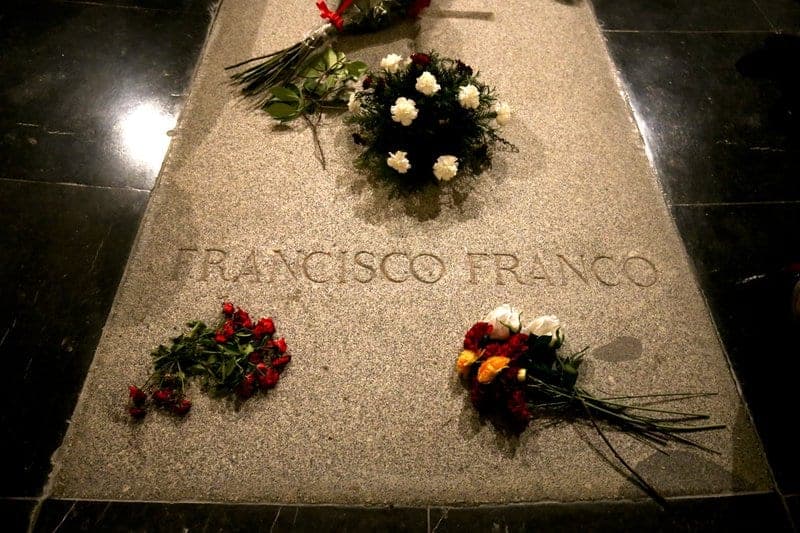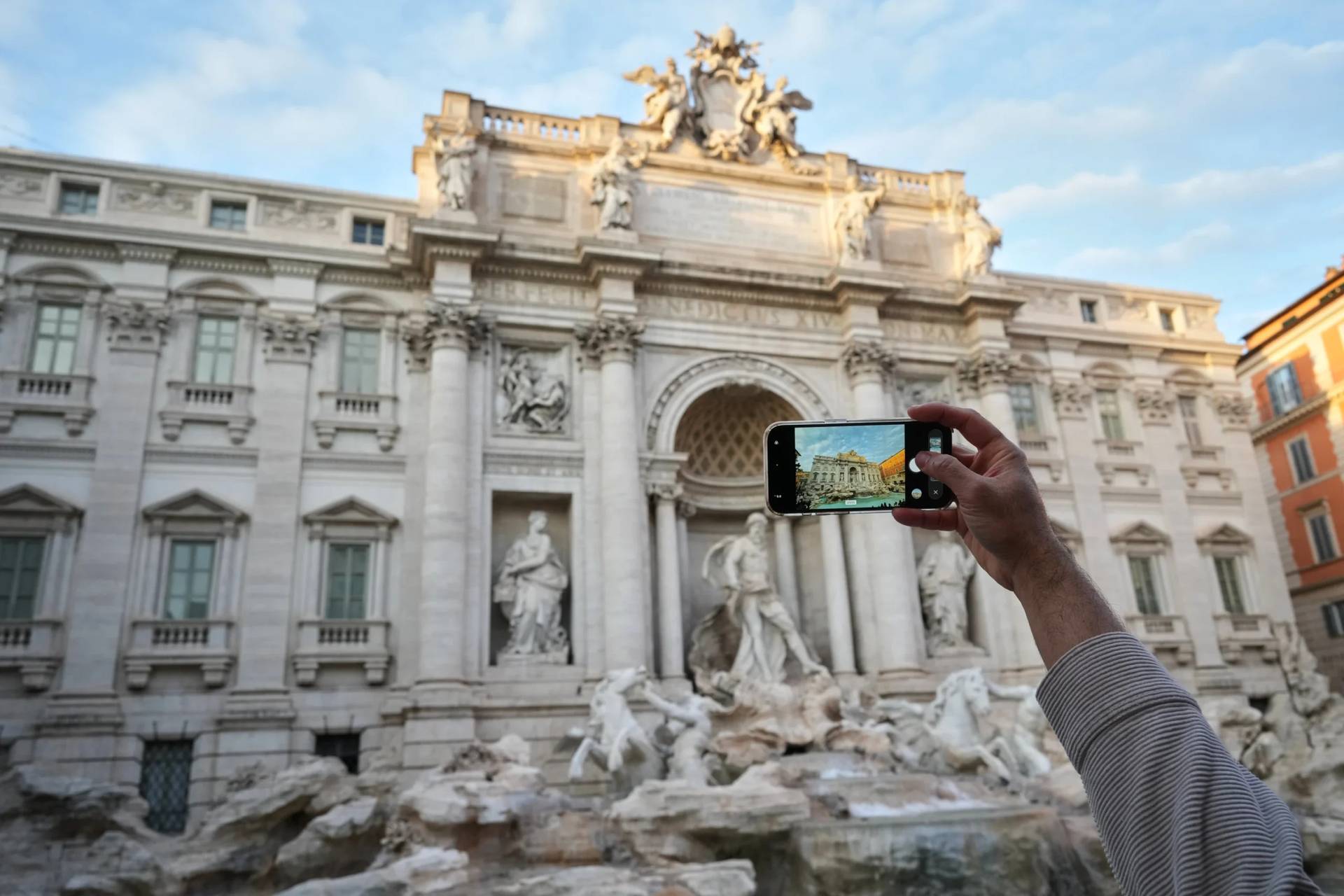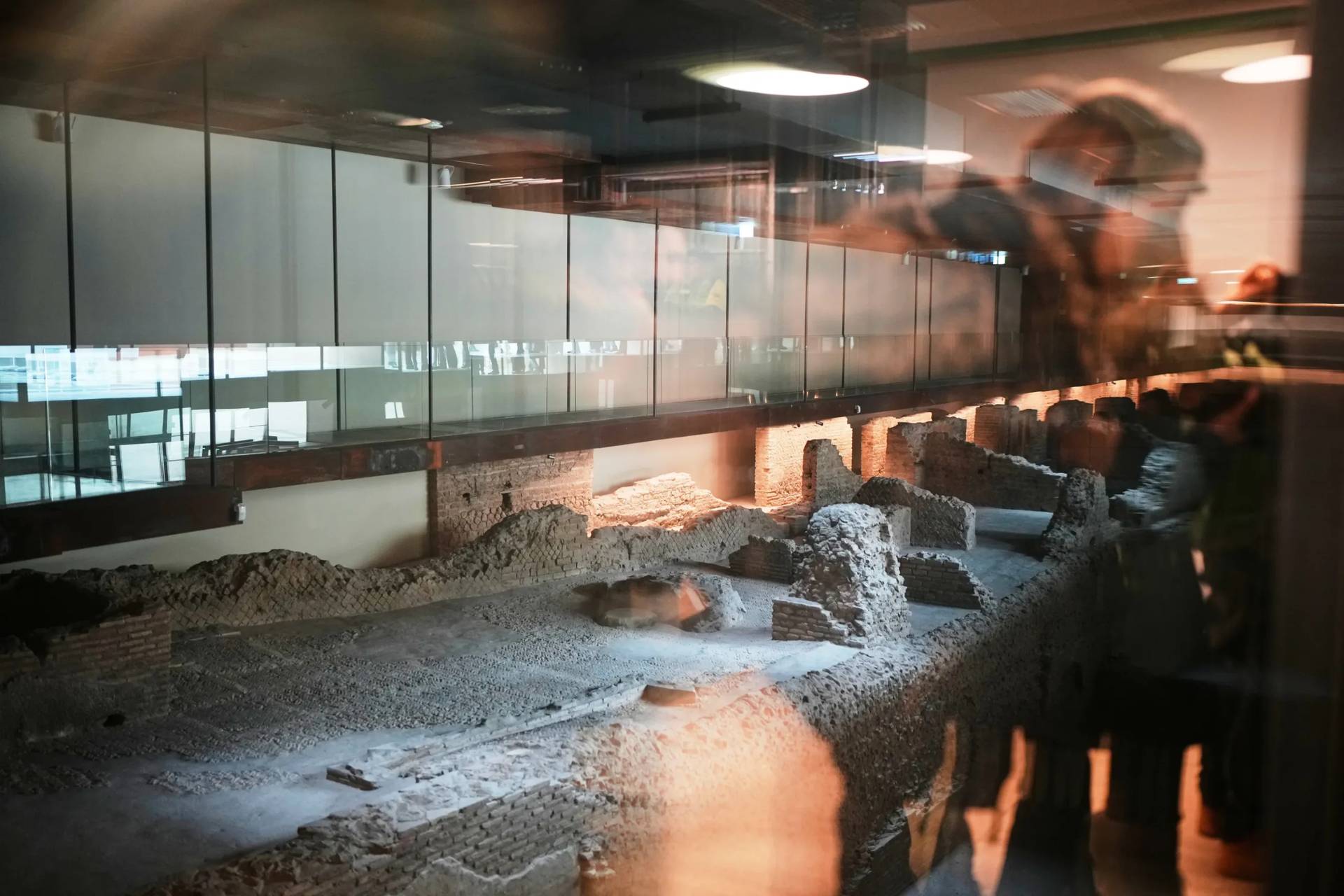ROME – After more than a year-long legal battle over the burial location of Spanish dictator Francisco Franco’s remains, on Friday the nation’s famed ‘Valley of the Fallen’ was officially closed ahead of the exhumation of the former general’s body.
The Oct. 11 closure of the Valley took place a day ahead of Spain’s national day, Día de la Hispanidad, and the feast of Our Lady of the Pillar, Spain’s national patroness, both of which are celebrated on Oct. 12.
Built upon Franco’s orders in the mid-20th century, the Valley of the Fallen is now a monument to some 34,000 who fell during the 1936-39 Spanish Civil War. Anonymous mass graves throughout the country are estimated to hold at least 114,000 additional victims of the war.
The monument in the Valley is also home to the Basilica of the Holy Cross of the Valley of the Fallen and the Benedictine Abbey of the Holy Cross of the Valley of the Fallen, whose monks are dedicated to praying for the repose of those who died in the war and for peace.
It is located just under 30 miles north of Madrid in the Spanish town of San Lorenzo de El Escorial, a historical residence of the King of Spain. Atop the basilica is a 500-foot-tall stone cross, visible from miles away.
Franco was buried inside the massive basilica, which serves as El Escorial’s cathedral, shortly after he died in 1975, and his entombment there has been a constant source of controversy among those who argue that the deceased should not be disturbed and those who say the dictator’s presence in the basilica after the fall of his dictatorship is inappropriate and glorifies the winners of the war, rather than honoring victims.
It is believed that during the four decades of Franco’s rule, the dictator’s regime was responsible for the abduction of thousands of children, the suppression of political dissent and the isolation of Spain before a slow opening of its economy in the 1960s.
Last year the Spanish Socialist Workers’ party (PSOE), who came to power in June 2018, pushed for the transfer of Franco’s body from the Valley to a municipal cemetery, with Prime Minister Pedro Sánchez arguing that move is necessary in order to heal the wounds of the war.
Franco’s relatives resisted the proposal and pushed to get Franco’s body moved to a family crypt in the Almudena cathedral in Madrid, where his daughter and son-in-law are buried. However, the government opposed the idea, insisting that it would turn Madrid into a prime destination for extremist right-wing groups and those nostalgic for Franco’s rule.
In September Spain’s Supreme Court ruled that Franco be transferred out of the Valley of the Fallen and interred in the Mingorrubio municipal cemetery at El Pardo just outside of Madrid, where his wife Carmen Polo is buried.
Spanish Deputy Prime Minister Carmen Calvo, who is in charge of the exhumation, visited the Vatican in October 2018 for talks with the pope’s right hand, Secretary of State Pietro Parolin, during which she brought up the controversy and moves by the monastery to block Franco’s exhumation. However, at the time, the Vatican refused to get involved in the issue, insisting it was a local dispute between the government and Franco’s family.
Sources at the basilica have told Crux that the monks who oversee the cathedral were only given “a few hours’ notice” before the closure, and that the abbot, who was scheduled to give a talk at a conference out of town, had to cancel at the last minute due to the closure.
Some 8,000 people were expected to flock to the basilica on Saturday for the country’s national day celebrations, however, those who do show up will now be barred from entry.
According to Spanish newspaper El Pais, Franco’s remains will be removed by helicopter sometime before Oct. 25, likely between Oct. 18-22, although the official date has not been released in a bid to prevent protests at the site.
The move takes place just weeks before Spain’s general elections, set for Nov. 10, to elect members of the nation’s Cortes Generales, meaning its legislative branches.
Follow Elise Harris on Twitter: @eharris_it
Crux is dedicated to smart, wired and independent reporting on the Vatican and worldwide Catholic Church. That kind of reporting doesn’t come cheap, and we need your support. You can help Crux by giving a small amount monthly, or with a onetime gift. Please remember, Crux is a for-profit organization, so contributions are not tax-deductible.















